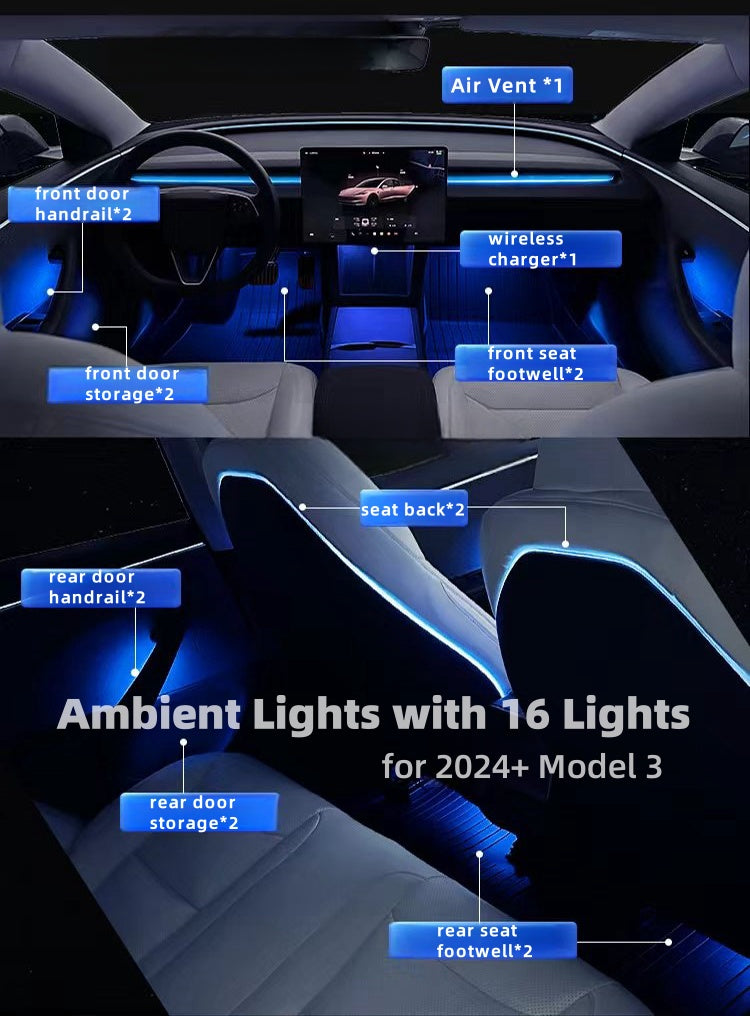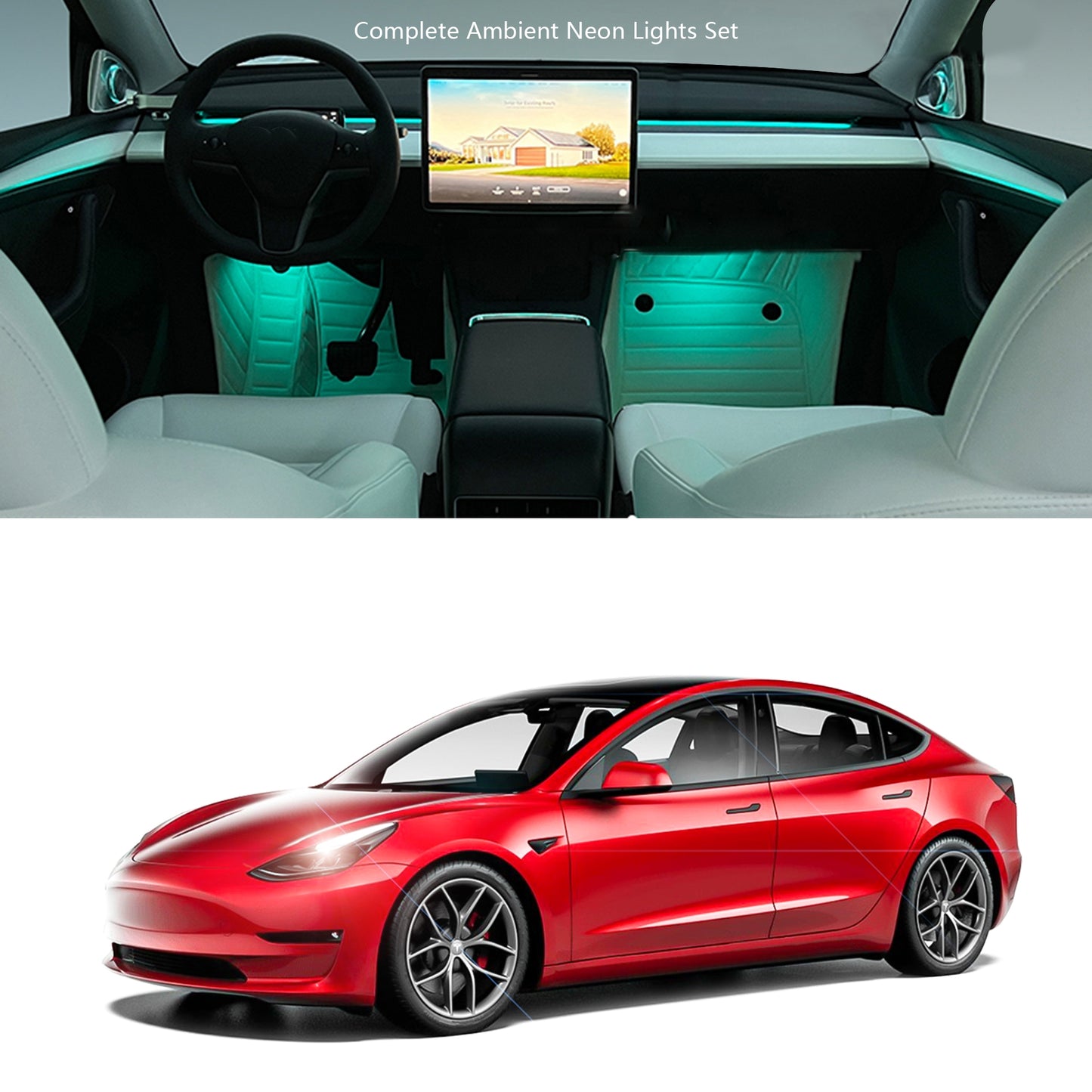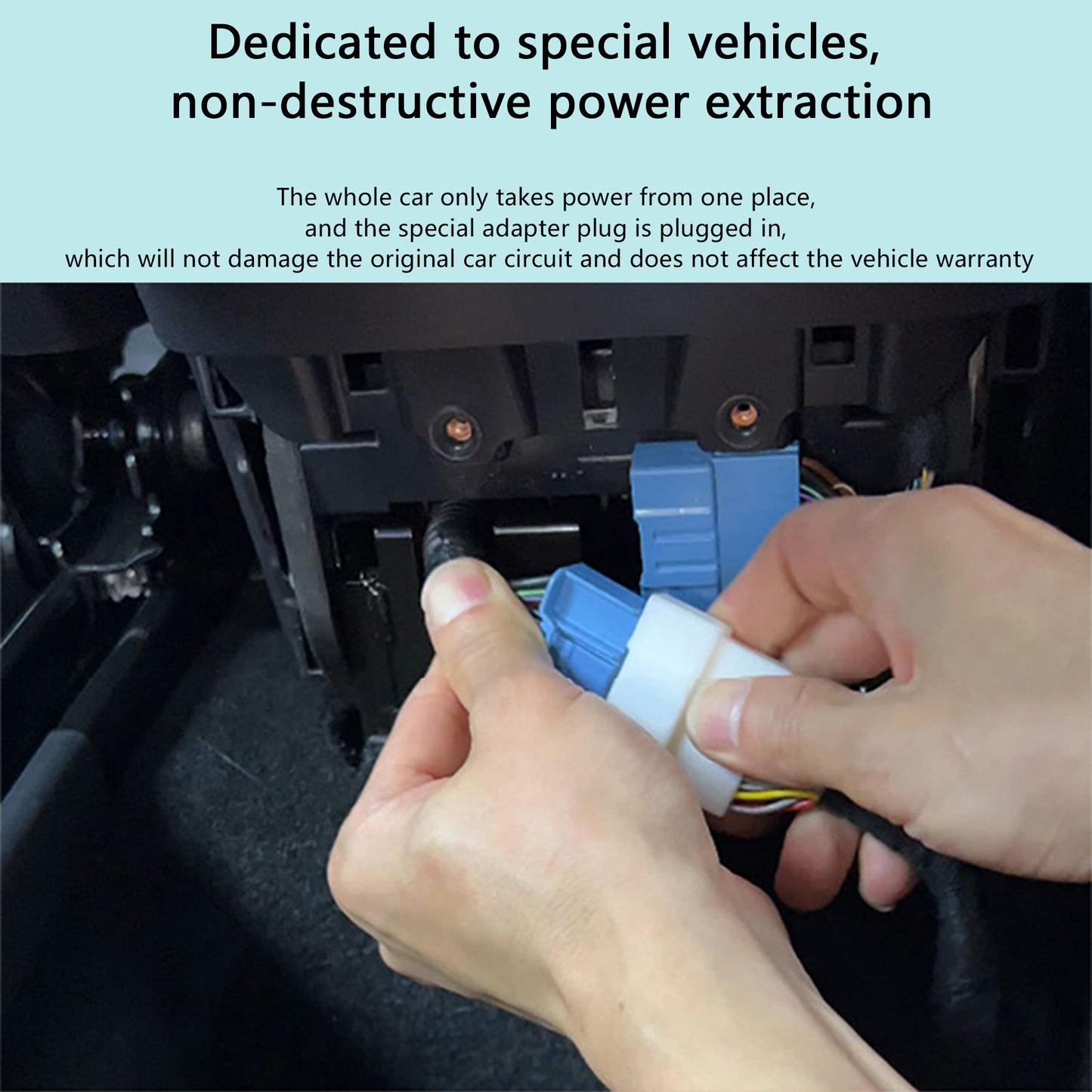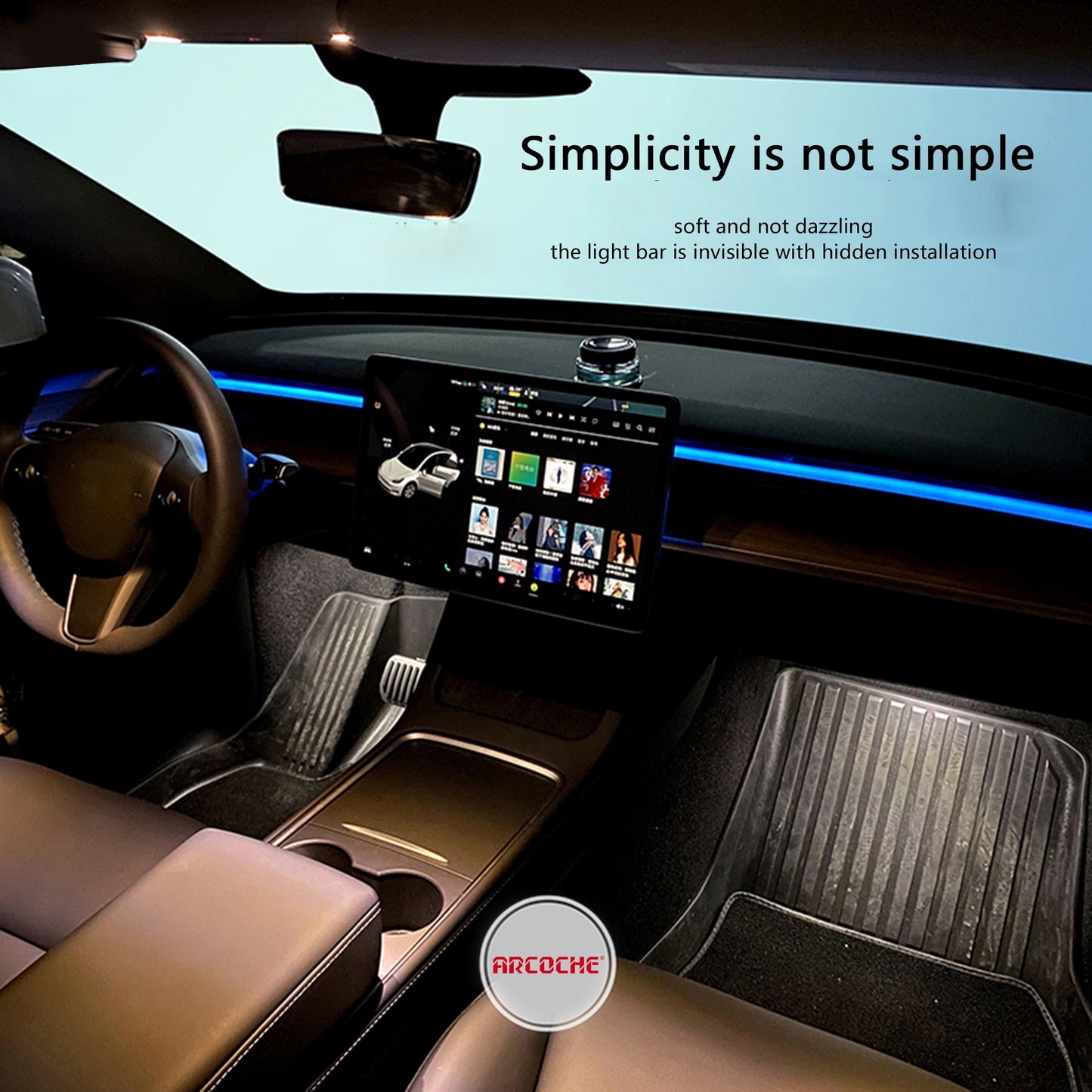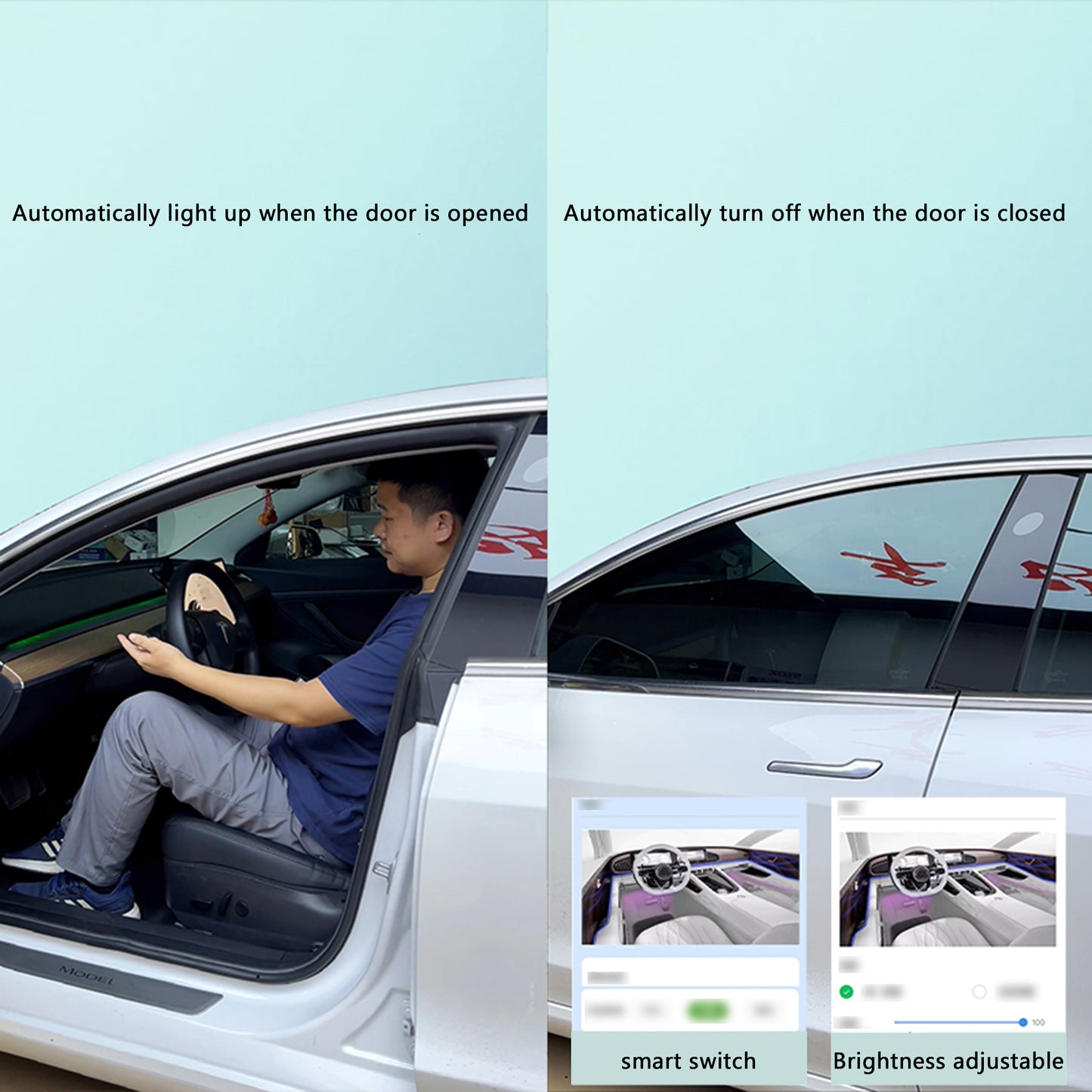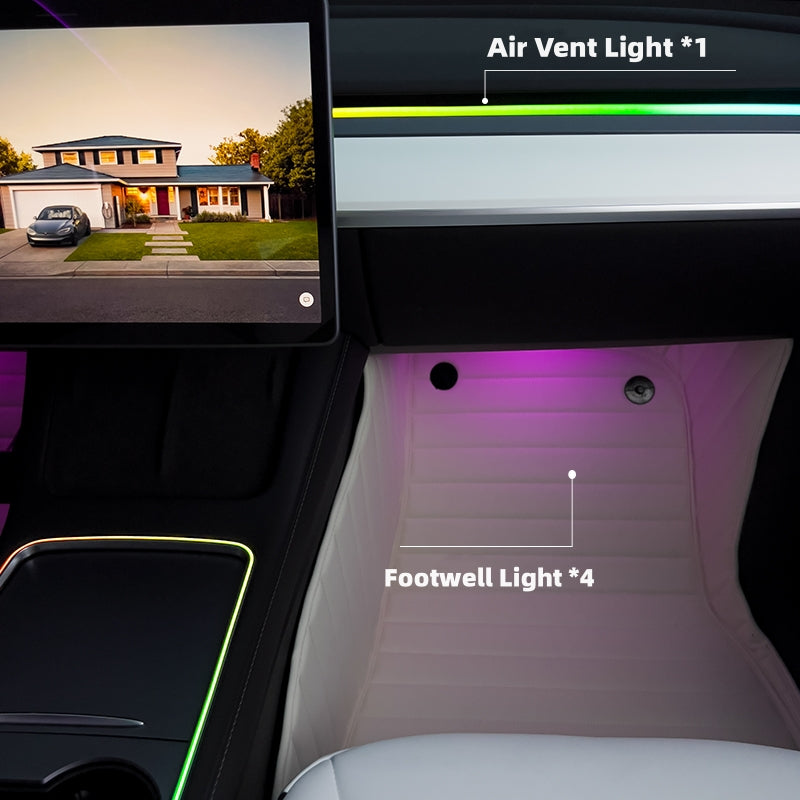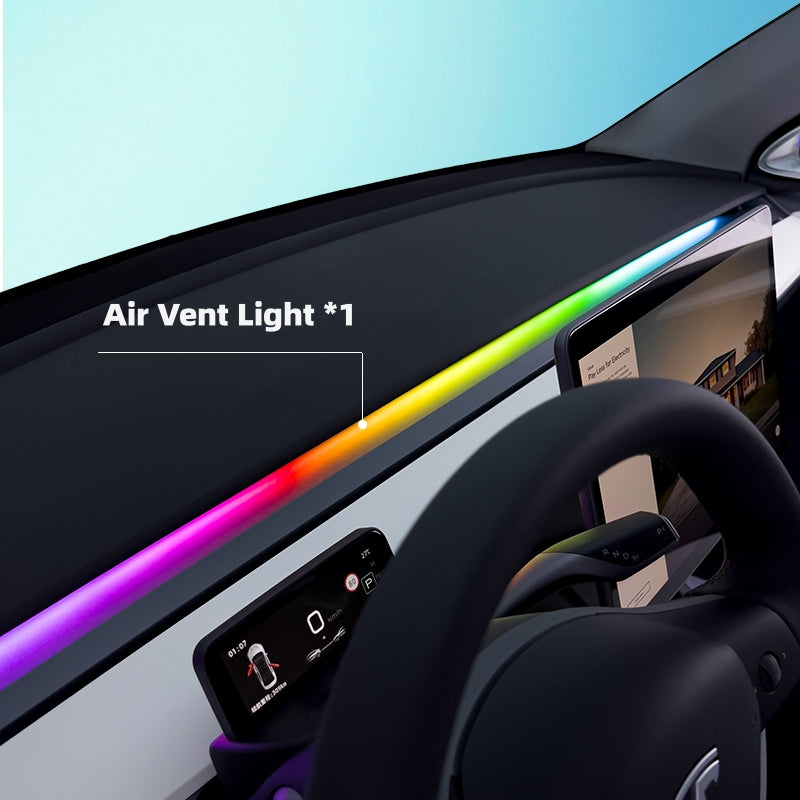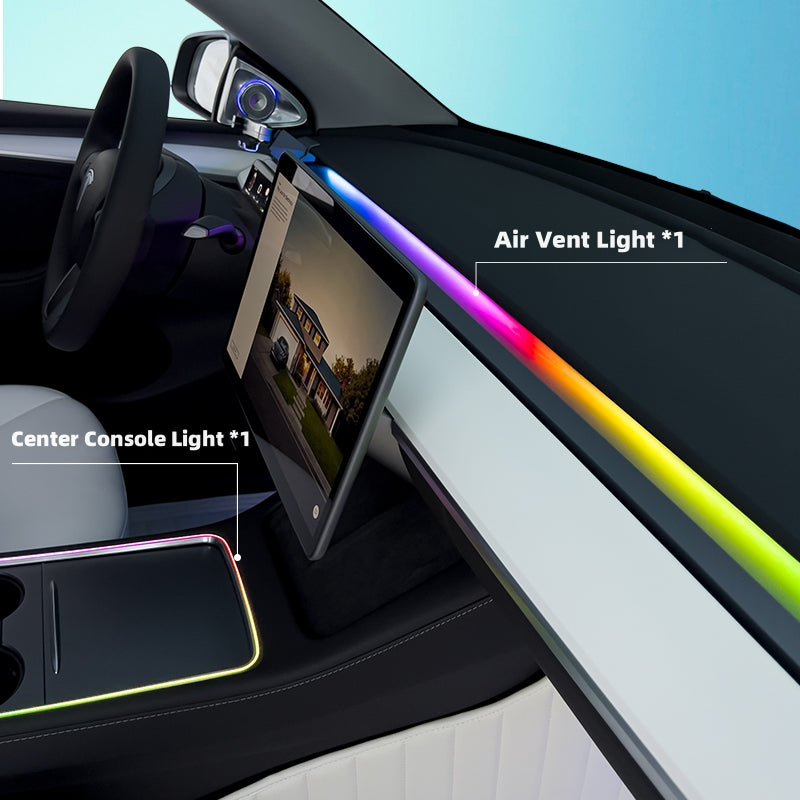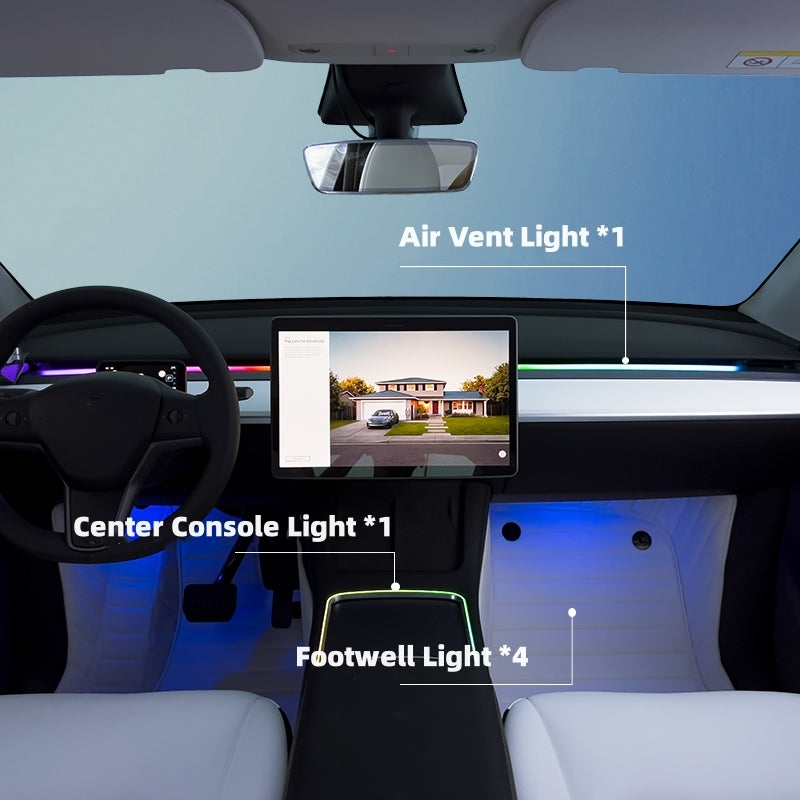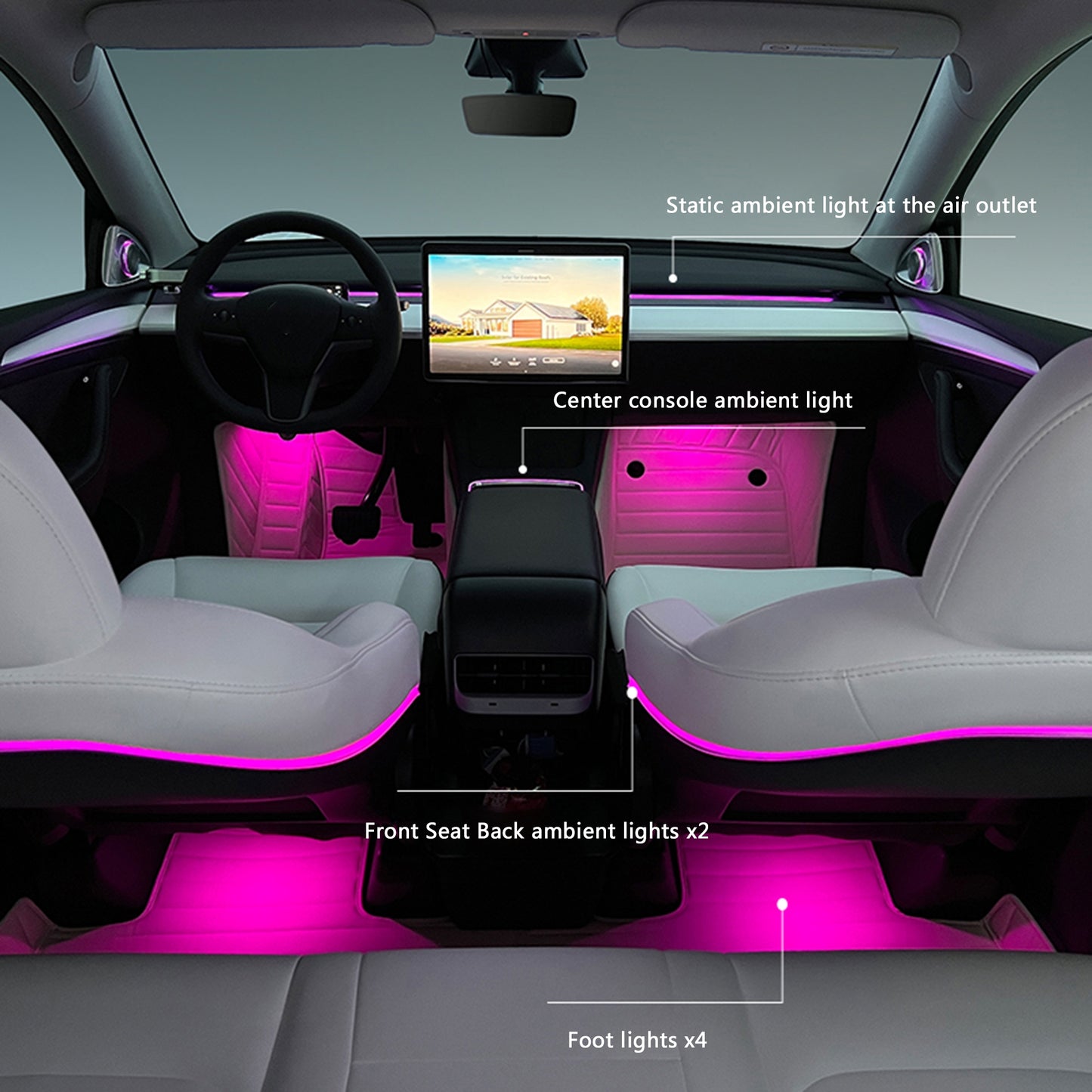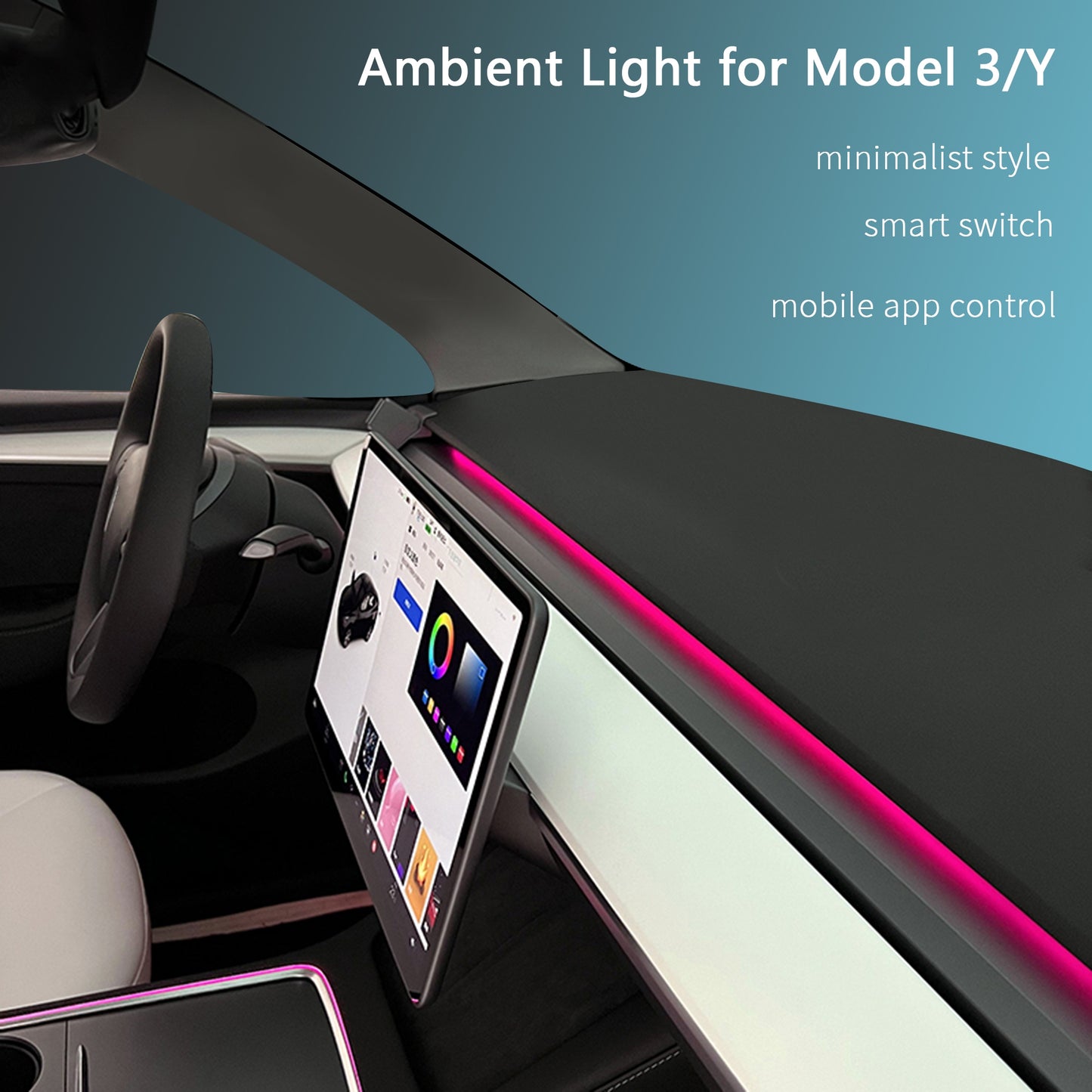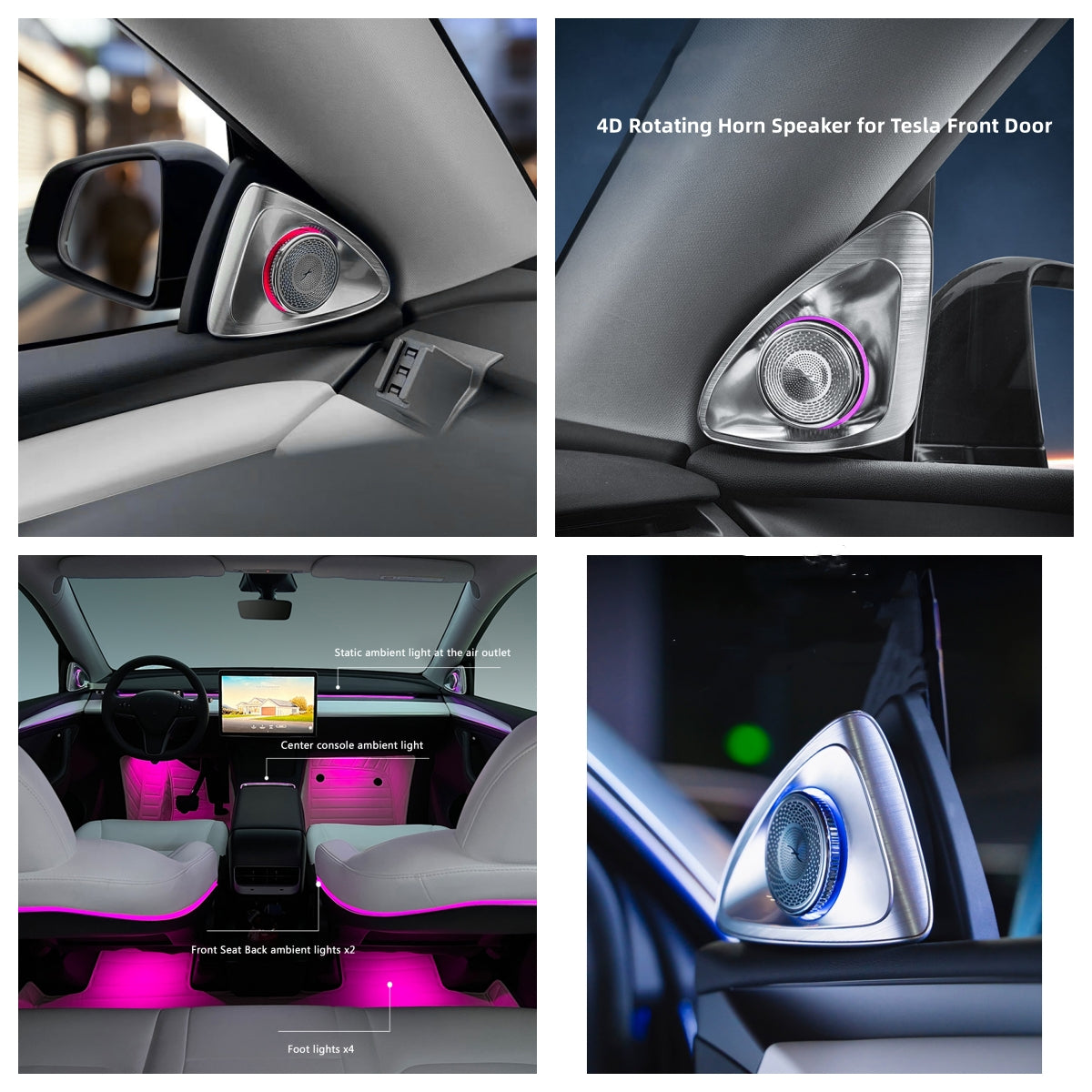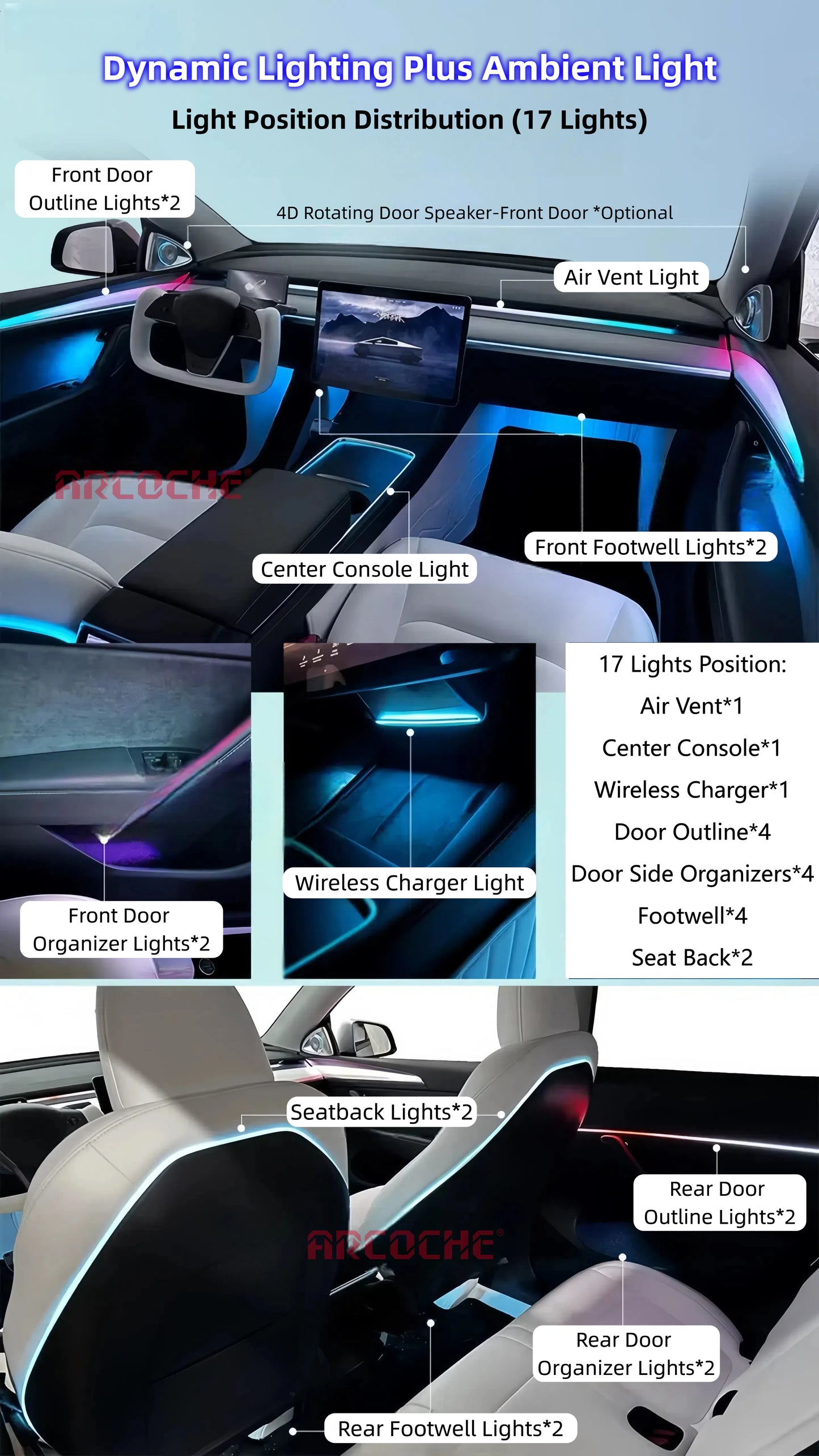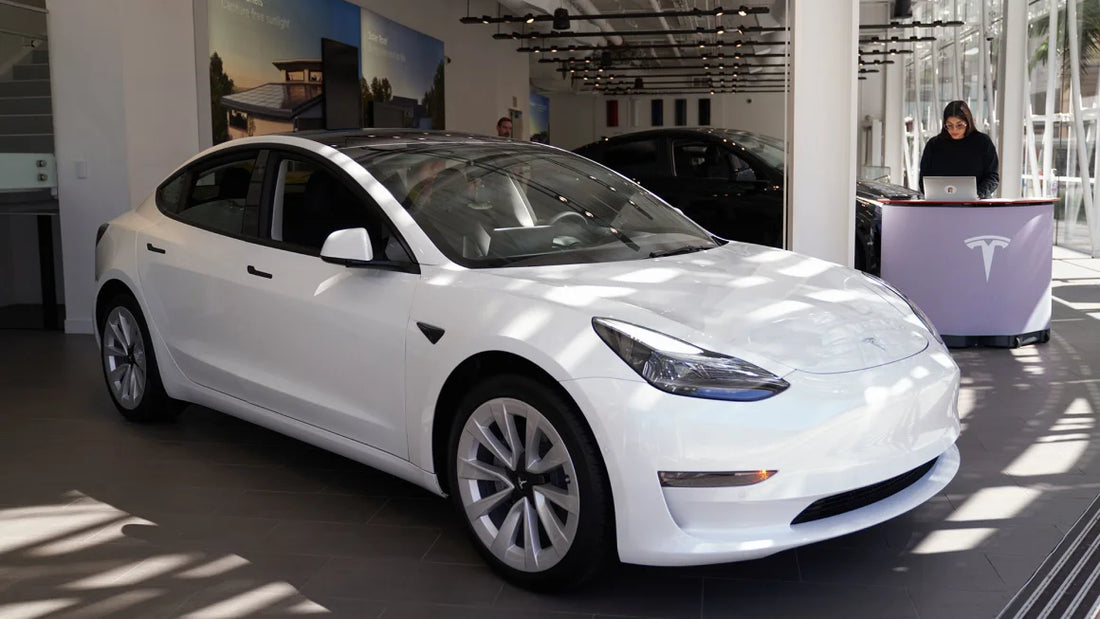
Tesla is issuing a recall affecting almost all of its 2 million vehicles currently operating on American roads.
Tesla has initiated a recall for nearly all of its 2 million vehicles on US roads, prompted by a two-year investigation by US safety regulators into approximately 1,000 crashes involving the engagement of Tesla's Autopilot feature.
This recall imposes restrictions on the use of Autopilot, dealing a setback to Tesla's efforts to market its cars to consumers willing to pay extra for autonomous driving capabilities.
The National Highway Traffic Safety Administration (NHTSA) highlighted concerns that the Autopilot system could create a false sense of security and be improperly utilized in hazardous scenarios where Tesla's technology might struggle to navigate safely. A forthcoming over-the-air software update aims to provide Tesla drivers with increased alerts when their attention drifts away from the road while using the "Autosteer" function. These notifications will prompt drivers to maintain focus and keep their hands on the wheel.
Following the recall, vehicles employing Autosteer will regularly monitor the driver's attentiveness. If the software detects insufficient driver attention, encounters traffic controls, or navigates off highways where Autosteer alone might not safely operate the vehicle, it may disengage the feature.
NHTSA's announcement of the recall, conveyed in a letter to Tesla, underscores the agreement for a software update commencing Tuesday. This update will curtail the use of Autosteer if a driver consistently fails to demonstrate readiness to regain control of the vehicle while the feature is engaged.
Tesla's aggressive promotion of its driver-assist features, like Autopilot and "Full Self Driving," has faced scrutiny from the National Highway Traffic Safety Administration (NHTSA) for over two years due to reports of accidents involving these functionalities.
The recent recall follows a detailed Washington Post investigation revealing several serious accidents, including fatalities, where the Autopilot feature was inappropriately engaged. Tesla's manuals specify Autosteer's suitability for highways with a fully attentive driver, but the company has suggested broader capabilities for its driver-assist features.
NHTSA's investigations uncovered numerous accidents, suggesting that Autopilot and Full Self Driving do not live up to their names, raising concerns about driver misuse and an increased crash risk when drivers aren't fully engaged.
The safety regulator highlighted that the controls of these features might not be sufficient to prevent misuse. Tesla will implement software updates and send notifications to car owners to address these concerns.
This isn't the first time NHTSA has urged changes to Tesla's Autopilot or Full Self Driving features. A previous recall in February affected 363,000 US vehicles due to violations of traffic laws while operating the FSD feature.
Tesla's branding of Autopilot and Full Self Driving sets it apart from competitors, despite similar driver-assist features available in the market. The company's emphasis on self-driving capabilities, charging $6,000 for enhanced Autopilot and $12,000 for FSD, has faced criticism from some buyers who don't find the features worth the extra cost.
However, these safety issues could potentially damage Tesla's marketing efforts, despite its position as the most valuable automaker globally. Investors have been banking on projections of future sales growth and the value of Tesla's software, especially in AI for self-driving cars and humanoid robots, as highlighted by CEO Elon Musk.
Musk has expressed confidence in Tesla's potential with fully autonomous vehicles and useful humanoid robots, envisioning a trajectory that could lead to Tesla becoming the most valuable company globally.
---------This article is partly excerpted from Reuters.



